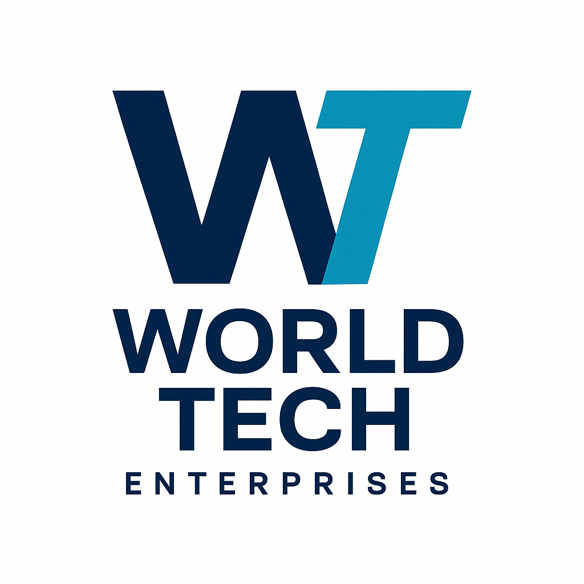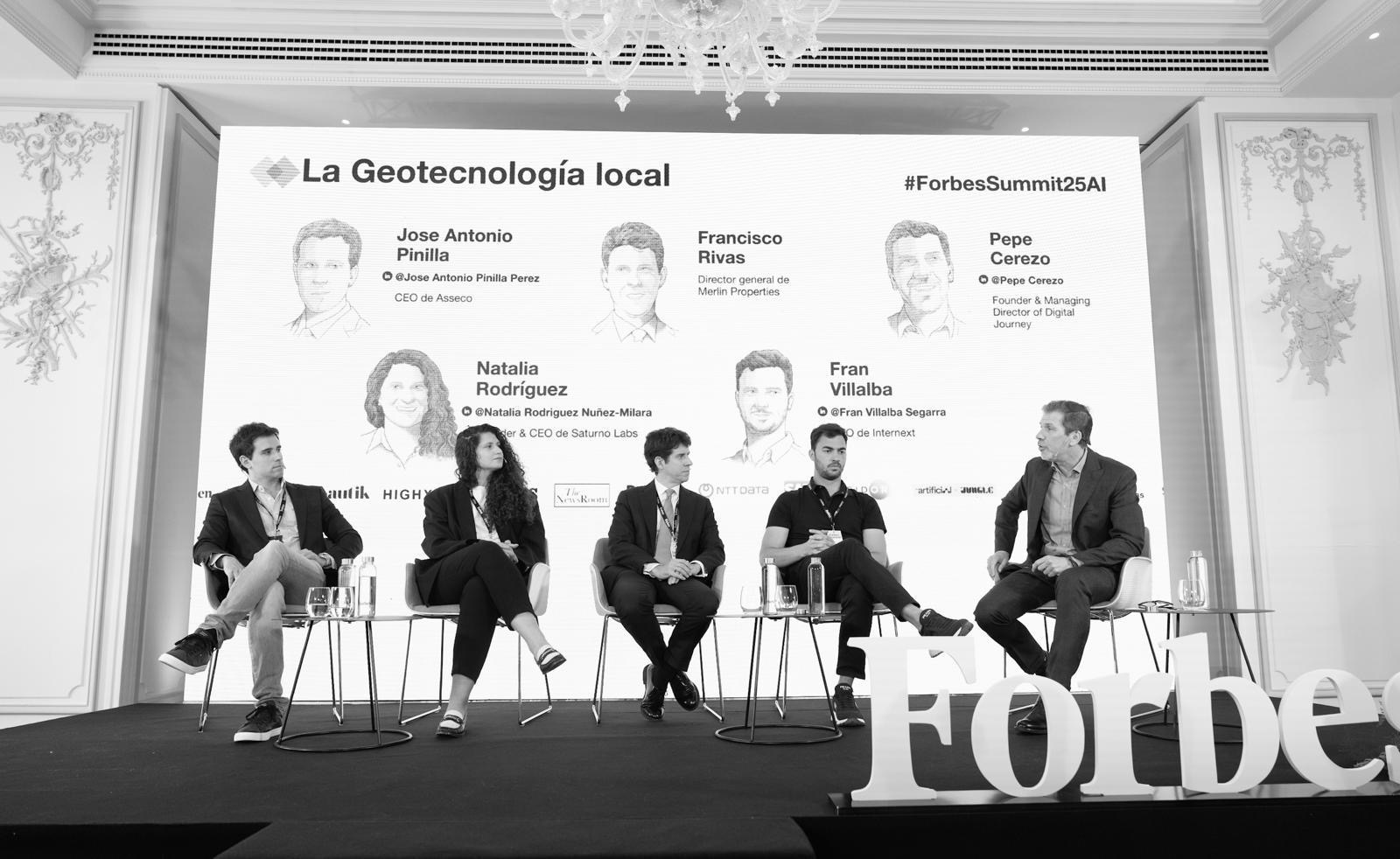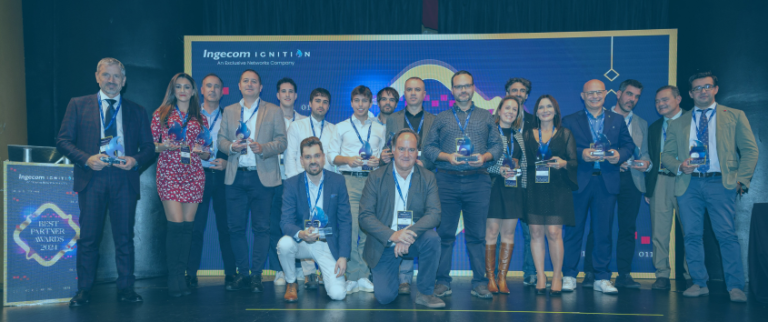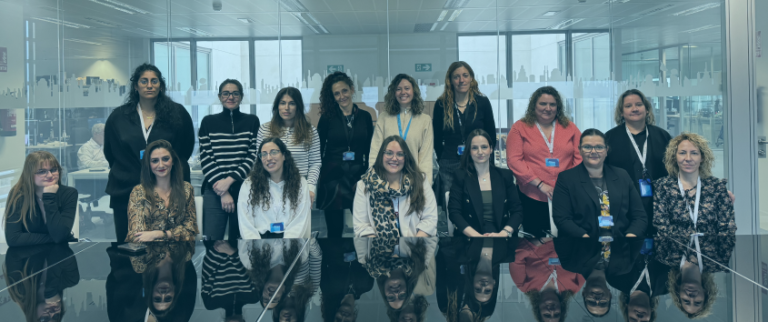Asseco Spain Group is participating in the Forbes Artificial Intelligence Summit 2025, a meeting that brought together business leaders, politicians, and international experts to discuss the impact of artificial intelligence on the present and future of our societies.
Jose A. Pinilla, CEO of Asseco Spain Group, was able to explain the geopolitical implications for Spain of a future shaped by the development of AI. “Spain has become a benchmark in Southern Europe, so we must continue promoting its construction, both public and private.”
Among the main conclusions of the event are:
- AI is not an evolution: it is a revolution.
- The concept of AI has been developing for decades.
It has been talked about since 1956. What has changed is its ability to outperform humans in strategic and cognitive tasks, thanks to the advent of machine learning, deep learning, and generative AI. - AI has completely altered the global balance of power.
Technology is redrawing the boundaries of geopolitics. Saudi Arabia is emerging as a new technological player, while the US and China vie for supremacy. Europe needs “speed and scale” to compete. - The battlefield is no longer just physical.
- Geotechnology displaces ideology.
- Europe must seize its opportunity.
Although lagging behind other blocs, Europe still has room to become a technological powerhouse. To do so, it must act with cohesion, agility, and a shared strategic vision. - AI can also strengthen democracy.
- China leads in AI… with a more inclusive vision?
- Spain, the epicenter of data in Southern Europe.
- Retaining talent will be key to leading AI.
In addition to infrastructure and regulatory frameworks, the future of AI in Spain and Europe will depend on the ability to train, attract, and retain talent specialized in technology, data, and digital ethics.







